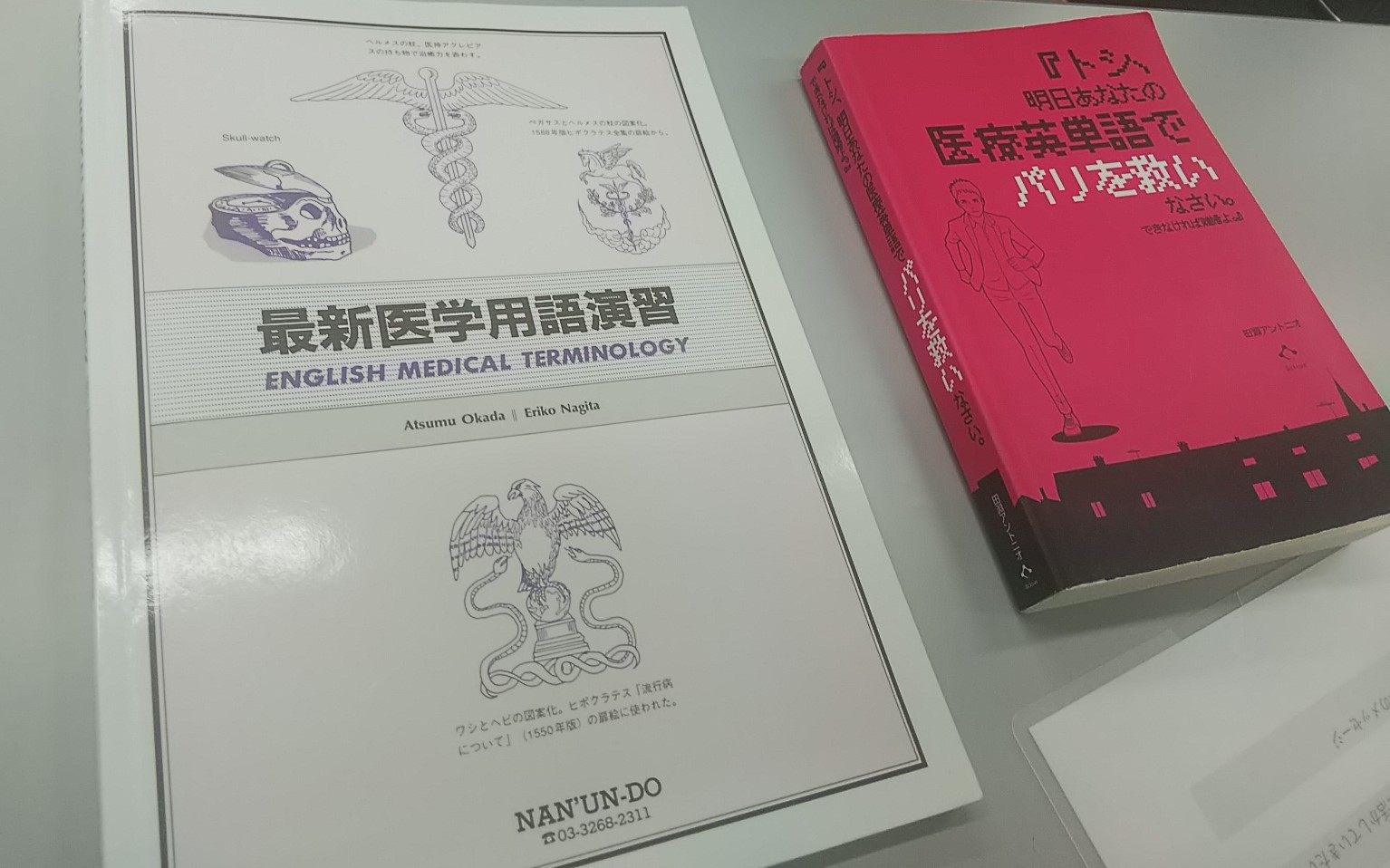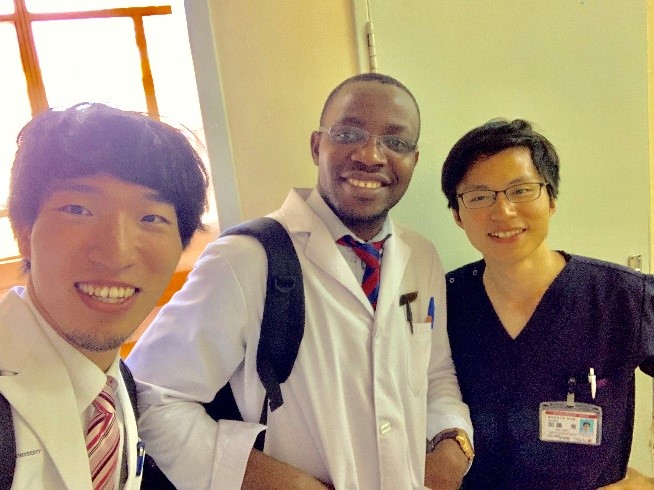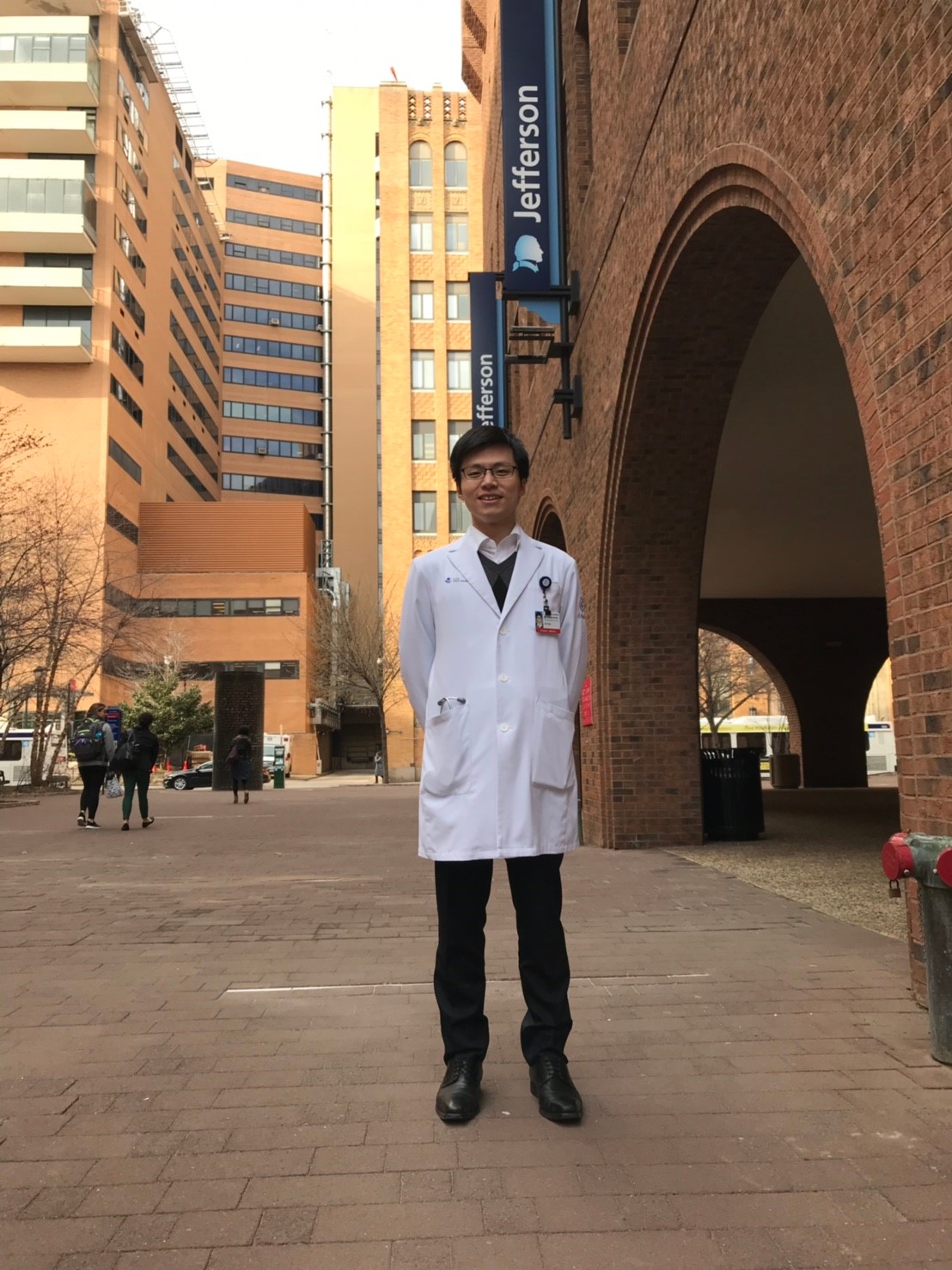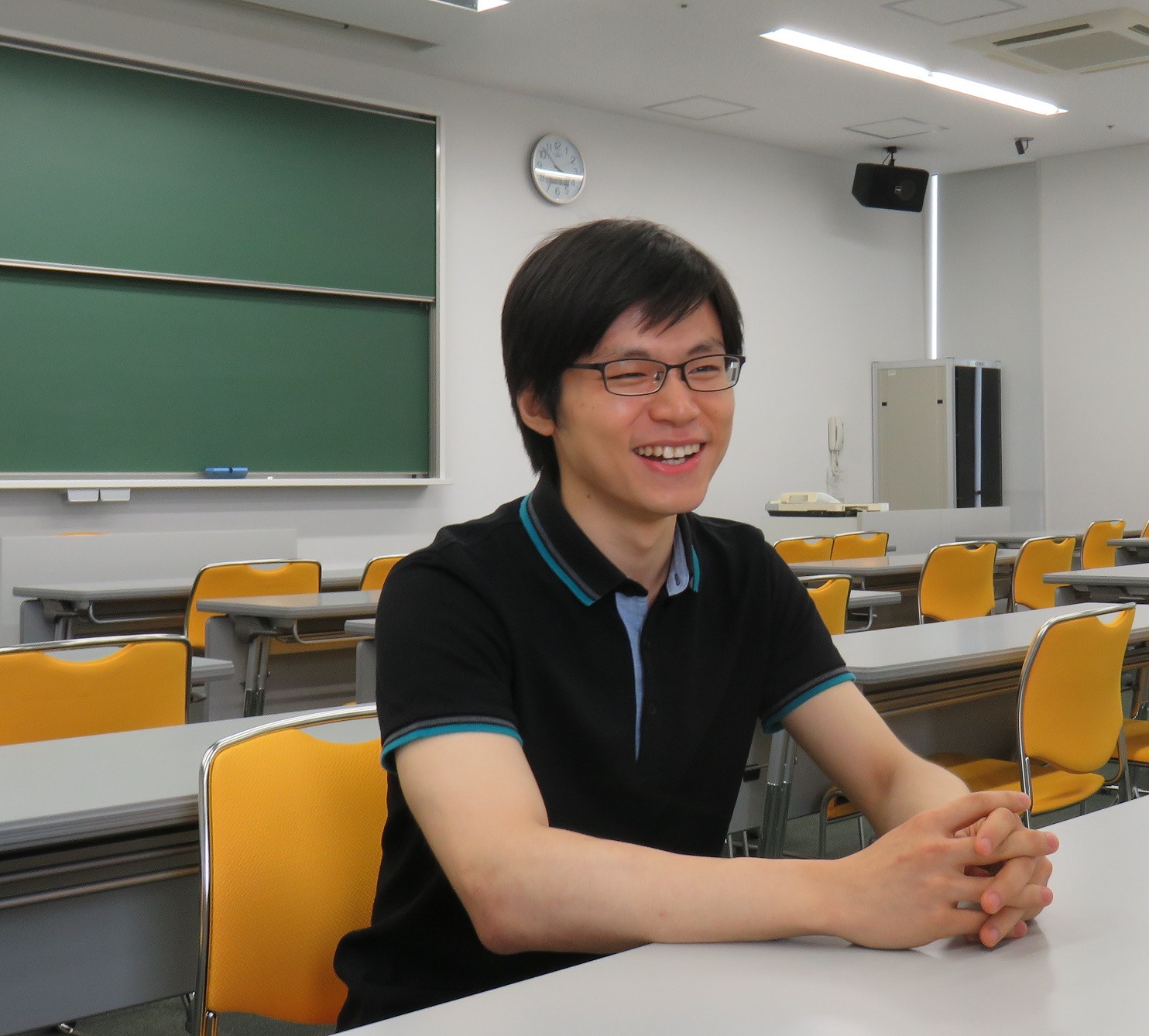Students Voices
Shu Kato (6th grade, School of Medicine)
Mr. Kato applied for a workshop sponsored by the Noguchi Medical Research Institute and was the first medical student at Fujita Medical University to participate in a training course at Thomas Jefferson University in the United States.
Immediately after returning to Japan, Mr. Kato conducted the elective clinical training at the National University of Zambia.
Faculty members have evaluated his active attitude are looking forward to seeing his success after graduation.
Immediately after returning to Japan, Mr. Kato conducted the elective clinical training at the National University of Zambia.
Faculty members have evaluated his active attitude are looking forward to seeing his success after graduation.
Q1. Why did you want to study abroad?
Shu Kato
When I was a high school student, I went to study abroad for 3 weeks in Australia since my parents advised me to go overseas. Through my first experience, I was attracted to learn in different country.
Since I wanted to practice medical training in overseas as a medical student, I made a plan to my study abroad.
I knew the university's medical training program, but I searched another program and found the program at Thomas Jefferson University in the United States sponsored by Noguchi Medical Research Institute on the Internet.
I applied for it and passed the examination.
By experiencing the overseas training, I was able to discover the cases not seen in Japan and the differences in medical knowledge with students from other countries, which was very inspiring.
Since I wanted to practice medical training in overseas as a medical student, I made a plan to my study abroad.
I knew the university's medical training program, but I searched another program and found the program at Thomas Jefferson University in the United States sponsored by Noguchi Medical Research Institute on the Internet.
I applied for it and passed the examination.
By experiencing the overseas training, I was able to discover the cases not seen in Japan and the differences in medical knowledge with students from other countries, which was very inspiring.
Q2. How did you study your English before your visit?

Before going abroad, I studied English through TOEIC and TOEFL test.
Regarding learning medical terminology, I recommend the school's reference book "Latest Medical Terminology Exercises" and "Toshi, save Paris with your medical English words tomorrow."
Since I didn't practice my speaking much, I had a hard time after arrival. However, I tried to talk with local people. I realized that it is important not to wait for someone to talk to me, but to actively move myself.
Q3. Have you had any problems while overseas training?
When I was in the United States, I was hesitated to move voluntarily. We were limited to do treatment for patients. There are many things I could not do, so I always asked local staff questions such as "What are you going to do now?" or "In Japan, we used to do like this but how about you?"
At that time, I felt that it is important to think about the question to start the conversation with an unfamiliar person.
This is also necessary when working in Japanese hospitals, so I think you can practice it in Japanese.
Q4. How do you want to make use of your experience?
I felt that participating in the overseas training and getting to know the overseas medical technology and culture would deepen my understanding of Japan.
Even after graduating, I would like to participate if there is an opportunity to challenge overseas. I would like to contribute to the development of medicine in Japan by utilizing what I learned overseas in the future.
Q5. Could you give an advice to students who are thinking of studying abroad?
If you want to go abroad, I think you should go. Since medical students are very busy, some people might think they want to spare their time. However we do not know when, where, or how the experience would lead the way.
What you experience becomes your own property, so I hope everyone to take a challenge.
Regarding learning medical terminology, I recommend the school's reference book "Latest Medical Terminology Exercises" and "Toshi, save Paris with your medical English words tomorrow."
Since I didn't practice my speaking much, I had a hard time after arrival. However, I tried to talk with local people. I realized that it is important not to wait for someone to talk to me, but to actively move myself.
Q3. Have you had any problems while overseas training?
When I was in the United States, I was hesitated to move voluntarily. We were limited to do treatment for patients. There are many things I could not do, so I always asked local staff questions such as "What are you going to do now?" or "In Japan, we used to do like this but how about you?"
At that time, I felt that it is important to think about the question to start the conversation with an unfamiliar person.
This is also necessary when working in Japanese hospitals, so I think you can practice it in Japanese.
Q4. How do you want to make use of your experience?
I felt that participating in the overseas training and getting to know the overseas medical technology and culture would deepen my understanding of Japan.
Even after graduating, I would like to participate if there is an opportunity to challenge overseas. I would like to contribute to the development of medicine in Japan by utilizing what I learned overseas in the future.
Q5. Could you give an advice to students who are thinking of studying abroad?
If you want to go abroad, I think you should go. Since medical students are very busy, some people might think they want to spare their time. However we do not know when, where, or how the experience would lead the way.
What you experience becomes your own property, so I hope everyone to take a challenge.
| Schedule of Studying Abroad in Thomas Jefferson University |
|
| End of Nov. 2018 | Deadline for Submission of Application |
| Beginning of Dec. 2018 | Selection in Tokyo |
| Middle of Dec. 2018 | Result Announcement |
| End of Dec. 2018 | Orientation |
| By Feb. 2019 | Preparation for Health Insurance and Other Required Documents |
| 21 March, 2019 | Departure Date |
| 30 March, 2019 | Return Date |
| Schedule of Studying Abroad in Zambia University |
|
| Middle of Jun, 2018 | Attend a Debriefing Session |
| Apply | |
| ・Getting a TOEFL iBT score at least 50 points ・Interview with an English native teacher |
|
| Middle of Nov. 2018 | Result Announcement |
| Before Departure Date | Vaccination |
| Obtaining VISA | |
| March 2019 | Training at Zambia University |

at Zambia University

at Thomas Jefferson University Hospital



